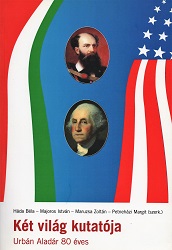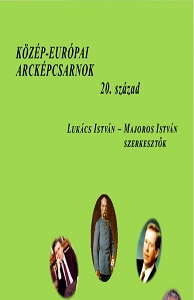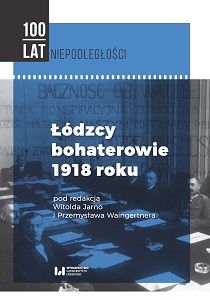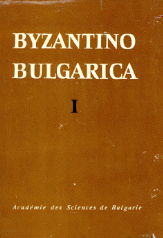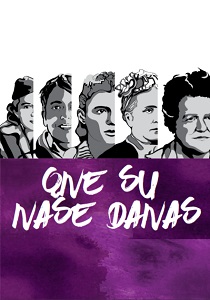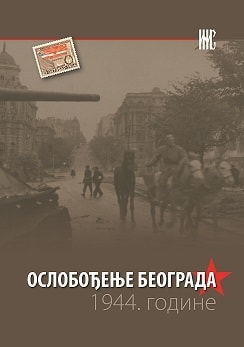Author(s): Zoran Janjetović / Language(s): Serbian
Publication Year: 0
Due to indoctrination, unsatisfying minority position in the Kingdom of Yugoslavia, national enthusiasm because of Hitler’s victories and the whole historical situation which was caused by these and other factors, the Vojvodina Swabians sided with Germany and its allies. Because of that, they enjoyed more or less privileged status in the territory of the Vojvodina after April 1941. However, it was coupled with duty to support the war effort of the Axis powers. In August 1944 the situation started to change dramatically for the worse for them due to the capitulation of Romania. Evacuation started to be contemplated. Detailed plans for evacuating German population from the Banat and from Syrmium were made during September, whereas no such plans (except for Novi Sad) were made for the Backa, so as not to undermine the morale of the allied Hungary. Although the Red Army units were already standing on the border of the Yugoslav Banat in late September, the Volksdeutsche were not given permission to start evacuating. Until this day it is not known who was responsible: Hitler, Himmler or the Senior Chief of the SS-Police in Belgrade, Behrends. The reason was certainly the unwillingness to burden the Reich with refugees and to show, in an indirect way, that the German war machinery was grinding to a halt. When the permission to start evacuating the Banat was finally granted on September 28/29, it was already too late for part of the Volksdeutsche; another part, crushed by weeks long anxiety didn’t want to be evacuated any more. In the Bacska flight and evacuation of the Volksdeutsche started simultaneously with the withdrawal of the Hungarian authorities. The main advocates of the evacuation were people active in Volksdeutsche organizations and relatives of the Waffen-SS members. Those who thought they had done no harm to anyone refused to be evacuated. For that reason, only one half of the Germans left the Bacska. On the contrary, in Syrmium the evacuation was executed according to the plan between mid-October and early November. Some 90% of the Germans left, and large quantities of goods were also evacuated. The remaining Volksdeutsche in the Banat and the Bacska were subject to mass shootings, rape, pillaging, arrests and manhandling by members of the People’s Liberation Army (PLA) and the Red Army. Their freedom of movement was restricted and they were taken to forced labor. Internment of the Swabian population into concentration camps began. On October 17, 1944 Military Administration was imposed in the Banat and the Bacska. It was supposed to fortify the power of the PLA and to use all resources of the province for further war effort. It had a distinct anti-minority taint, and the Hungarians suffered together with the Germans during the first weeks of the new regime – albeit to a smaller extent. The treatment of the Hungarians was relaxed in late November, whereas it became even more rigid for the Germans. In that way October 1944 brought freedom to the Serbian population and the beginning of Calvary for the Volksdeutsche.
More...


